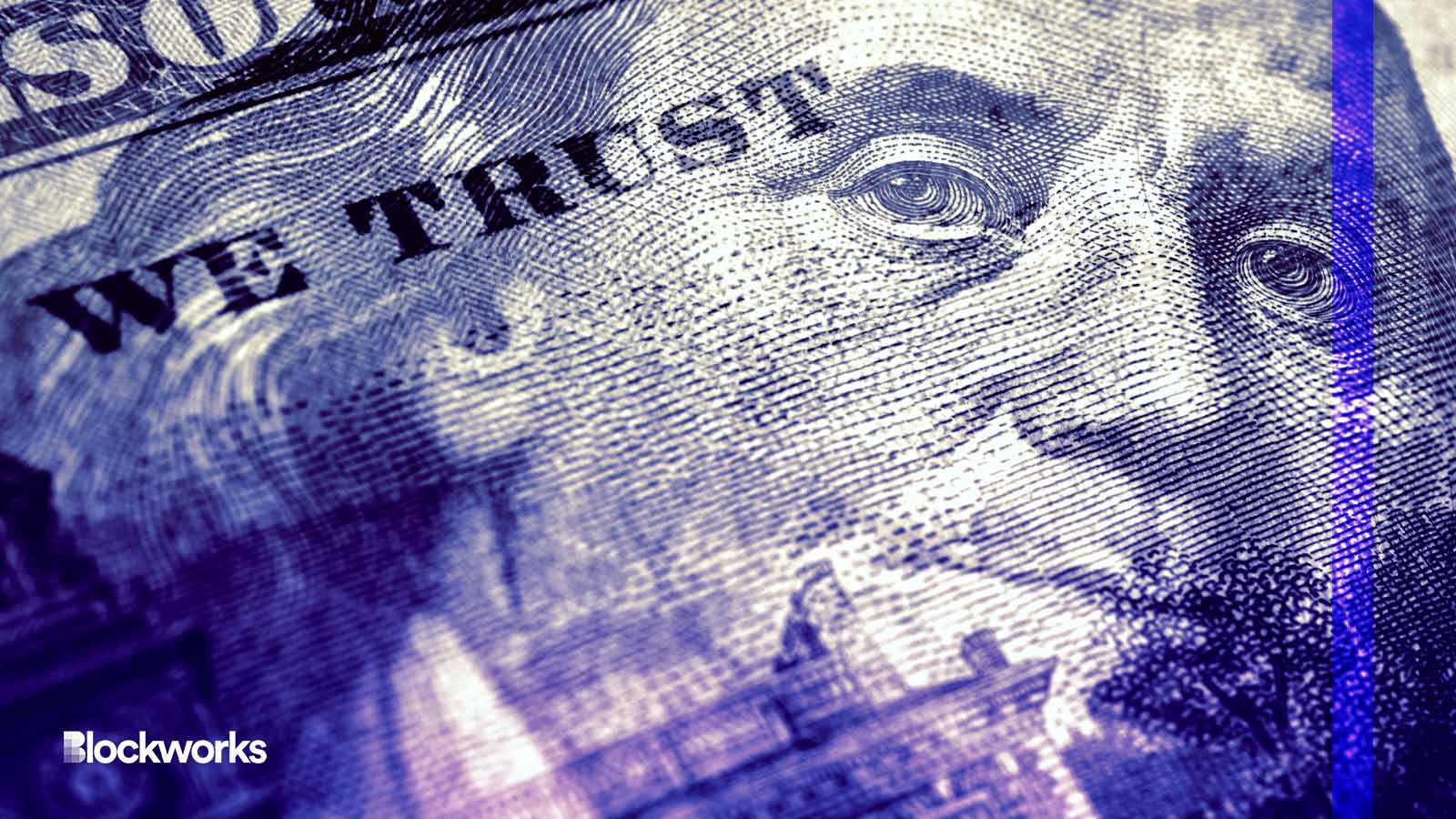Tokenized US Treasury bills are entering emerging markets
Users can withdraw deposits after waiting for five days

Deacons docs/Shutterstock modified by Blockworks
A way to earn sustainable yield has landed in Southeast Asia.
Cryptocurrency asset management platform Finblox is bringing tokenized US Treasurys to emerging markets across Southeast Asia.
The Singapore-based startup’s self proclaimed “superapp” will be partnering with OpenEden to bring a smart contract vault that provides 24/7 access to tokenized Treasury bills.
The plan is for the product to be made available to customers in the Philippines, Indonesia, India and Vietnam.
A significant portion of the unbanked population live in emerging markets, Peter Hoang, CEO of Finblox told Blockworks. The partnership ought to offer a safer, less risky mechanism to offer sustainable yield, he said.
“Treasury bills are considered to be one of the safest assets on earth,” Hoang said. “OpenEden is an institution that is accredited and licensed by the Monetary Authority of Singapore, and are aligned with our vision of democratizing finance and building in a safe and transparent way.”
Hoang said tokenized Treasurys will give international investors the opportunity and flexibility to invest in safe and secure assets at smaller clips.
OpenEden’s Treasury bill vault will be integrated with Chainlink and will provide on-chain evidence that its tokens are backed by actual assets.
“Through the OpenEden TBILL Vault, our partners can offer low-risk cash management products that generate sustainable yields from U.S. Treasuries to their users,” Eugene Ng, co-founder of OpenEden, said in a statement.
T-bill tokens will not be transferable, but users can withdraw the token from the vault after five days to avoid a duration mismatch.
“We’ve seen the downfall of many players last year because of unsustainable practices. This has caused a lot of mistrust in the entire crypto space… we believe that [US Treasurys] will be one of the products that will regain trust of users over time,” he said.
Holding tokenized T-bills still comes with risks.
The first, albeit highly unlikely, risk is government default. The second is smart contract risks.
“Usually 95% of assets are deployed, only 5% is held in a vault for withdrawals, so that 5% is subject to smart contract riks,” he said.
As Finblox is a regulated entity, it requires customers to complete two levels of regulation before being eligible to purchase Treasurys: ID verification and proof of address.
“We determine the limits for deposits and withdrawals based on the verifications,” Hoang said.
Get the news in your inbox. Explore Blockworks newsletters:
- The Breakdown: Decoding crypto and the markets. Daily.
- 0xResearch: Alpha in your inbox. Think like an analyst.






